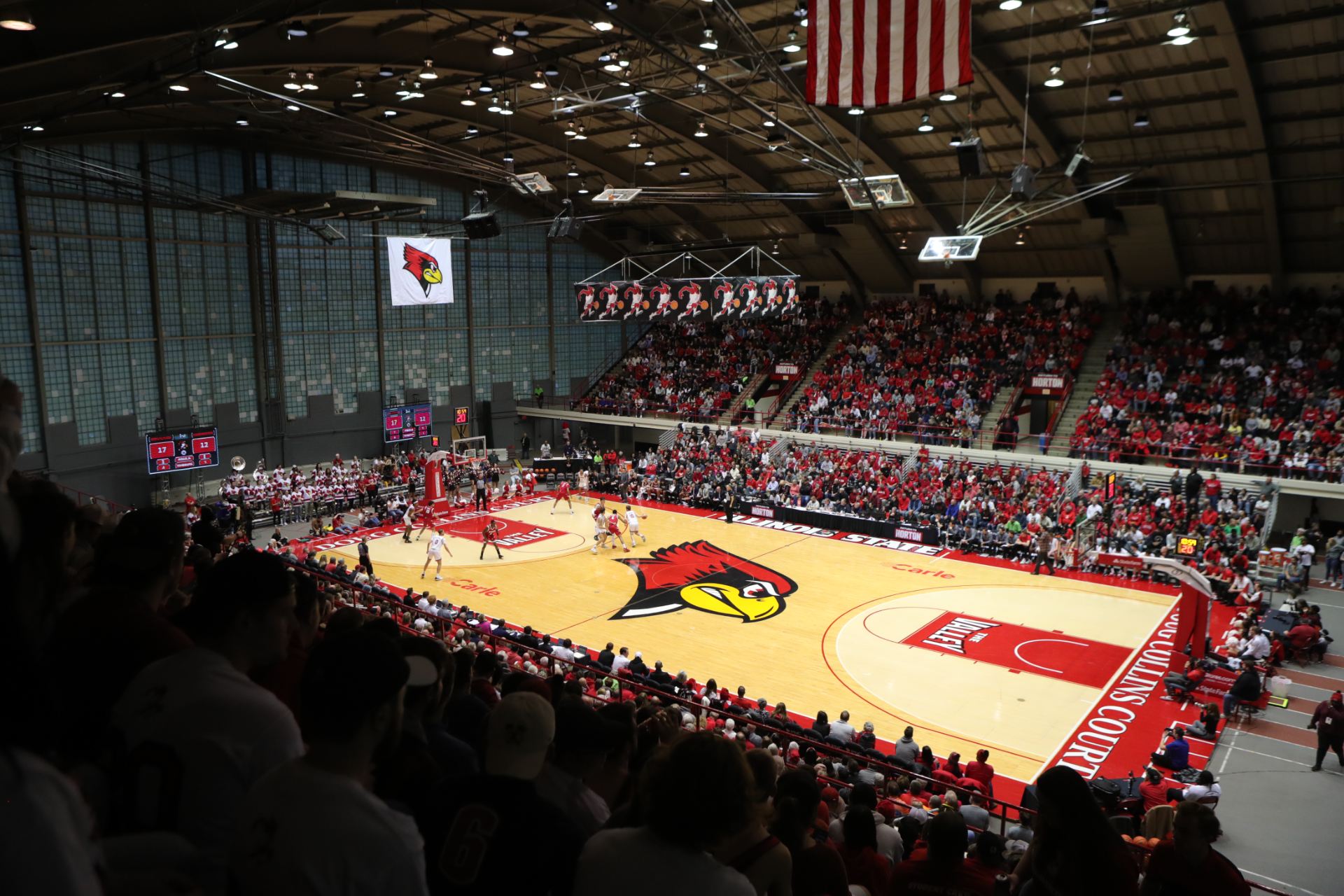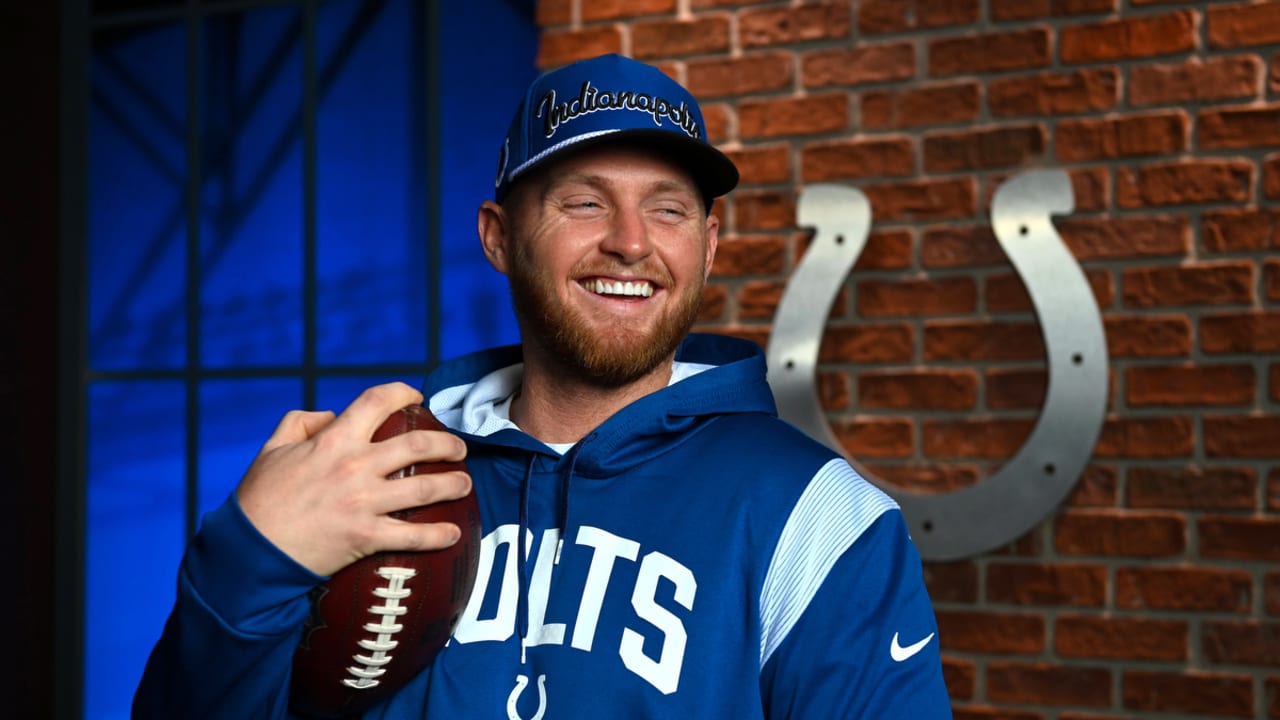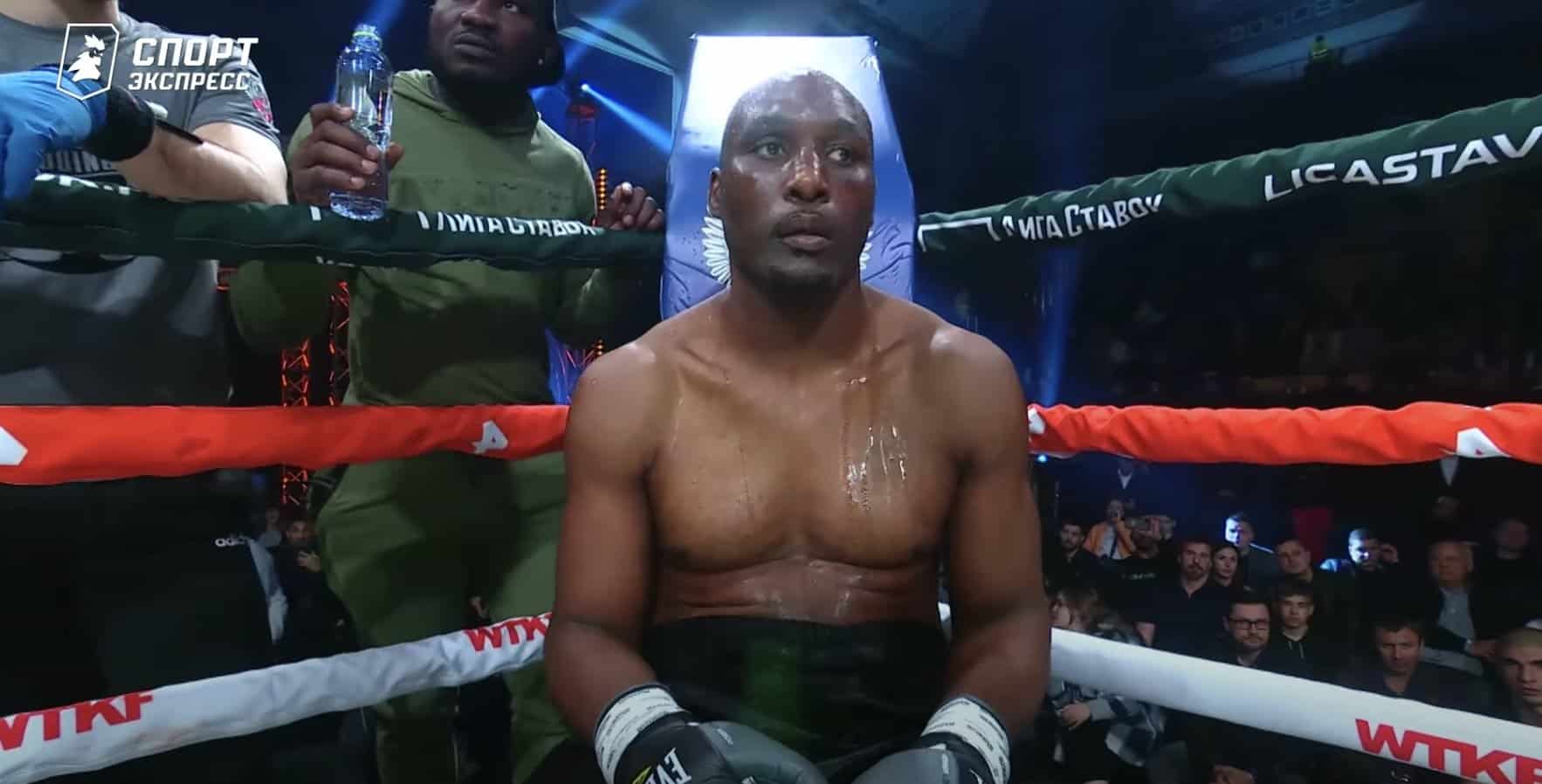
College basketball’s career scoring leaders include players from a number of different eras, decades and programs. Some made the list even without the 3-point line.
Detroit Mercy star Antoine Davis is the most recent player to find a spot in the top 5. However, everyone trails LSU legend Pete Maravich on the all-time list.
Here are the all-time scoring leaders in DI men’s college basketball from the official NCAA record book:
College basketball career scoring leaders
12. Oscar Robertson, Cincinnati: 2,973 points (1957-58 to 1959-60)
“The Big O” averaged 35.1, 32.6 and 33.7 points in his three seasons. After helping the Bearcats go 25-3 in his first season, Cincinnati finished in third place in the NCAA tournament in each of the next two years.
LOOKING BACK: National Championship history for DI men’s hoops
Robertson ended his time at Cincinnati as the all-time leading scorer until Maravich bettered him in 1970. After Robertson left Cincinnati, the Bearcats won back-to-back national titles and lost in the title game going for a three-peat.
11. Hersey Hawkins, Bradley: 3,008 points (1984-85 to 1987-88)
Hawkins averaged 14.6 and 18.7 points before drastically upping his scoring averages to 27.2 and 36.3 per game at Bradley.
In the 1988 NCAA tournament against Auburn in a No. 8 vs. No. 9 matchup, Hawkins made 15 of 25 shots (and 6 of 8 3-point attempts) to score 44 points in a 90-86 loss.
10. Keydren Clark, Saint Peter’s: 3,058 points (2002-03 to 2005-06)
Despite being only 5-feet-11 inches tall, Clark led the NCAA in scoring…twice (2003-04 and 2004-05).
He averaged between 24.9 and 26.3 points per game in his four seasons, almost lifting the Peacocks to the NCAA tournament his senior year. Saint Peter’s lost to Iowa in the MAAC tournament title game.
9. Harry Kelly, Texas Southern: 3,066 points (1979-80 to 1982-83)
Kelly averaged almost 30 points per game in three different seasons (29.0 in 1979-80, 29.7 in 1981-82 and 28.8 in 1982-83).
“Machine Gun” Kelly was a two-time Southwestern Athletic Conference Player of the Year.
8. Mike Daum, South Dakota State: 3,067 points (2015-16 to 2018-19)
Daum pushed ahead of Robertson to join the top 10 and became the newest member of the 3,000-point club after scoring 25 against rival South Dakota on Feb. 23. With 25 points in his college basketball finale, an NIT first-round loss to Texas, he finished one point ahead of Kelly on the all-time list.
Daum was a consistent star for South Dakota State. He averaged at least 23 points per game three seasons in a row and his averaging a double-double for the second consecutive season.
7. Doug McDermott, Creighton: 3,150 points (2010-11 to 2013-14)
While playing for his father Greg, McDermott improved his scoring average each season, topping out at 26.7 in his senior year. Against Providence on March 8, 2014, McDermott scored 45 points. He then followed up that game with 35 points against DePaul and 32 points against Xavier. He also totaled 30 points as the Bluejays, seeded third, beat Louisiana 76-66 in the NCAA tournament.
6. Alphonso Ford, Mississippi Valley State: 3,165 points (1989-90 to 1992-93)
The Delta Devils star was consistent in his four seasons, averaging 29.9, 32.7, 27.5 and 26.0 points in his four seasons. Ford became the first player in NCAA Division I history to average at least 25 points per game in four consecutive seasons.
5. Lionel Simmons, La Salle: 3,217 points (1986-87 to 1989-90)
Simmons won the Naismith and the Wooden Award his senior season. With Simmons averaging 26.5 points per game (and a double-double for the third season in a row), the Explorers had only one loss going into the NCAA tournament.
La Salle earned a No. 4 seed. In a 79-63 win against Southern Miss, Simmons scored 32 points. La Salle then blew at 16-point halftime lead to No. 5 Clemson in a 79-75 loss in the second round. Simmons stilled scored 28 points.
4. Chris Clemons, Campbell: 3,225 points (2015-16 to 2018-19)
The 5-foot-9 Clemons closed out his college career with a 32-point performance against UNCG in a first-round NIT loss. That total moved him past Simmons.
Clemons closed out the 2018-19 season averaging 30.1 points per game. He led the nation with 24.9 points per contest in 2017-18 after averaging 25.1 as a sophomore in 2016-17. The guard had five career 40-point games, including a season-high outburst of 48 on Feb. 13, 2019 to place him above Danny Manning and Robertson on the list.
3K WATCH: Tracking Clemons and SDSU’s Mike Daum’s journey to 3,000 career points
3. Antoine Davis, Detroit Mercy: 3,232 points (2018-19 to present)*
*through Jan. 14
Davis averaged 26.1, 24.3, 24 and 23.9 through his first four seasons, climbing up the all-time list. In 2022-23, he continues to roll. Against Robert Morris on Jan. 14, Davis made 11 3-pointers to break the record for career 3s. He finished with 41 points in the game — his fifth career 40-point outing. Earlier in the season, he reached 3,000 career points against Charlotte on Dec. 10.
2. Freeman Williams, Portland State: 3,249 points (1974-75 to 1977-78)
Williams averaged better than 30 points per game in each of his final three years, reaching 38.8 points as a junior.
After scoring 35.9 points per game as a senior, Williams was drafted No. 8 overall by the Boston Celtics.
1. Pete Maravich, LSU: 3,667 points (1967-68 to 1969-70)
“Pistol Pete” stands alone. His total is more than 400 points more than Williams. He averaged at least 43 points per game in his three seasons on the varsity team. What makes his scoring total even more ridiculous is he had to play on a freshman team his first year at LSU, there was no shot clock and there was no 3-point line.
Though LSU never made the NCAA tournament with Maravich, the Tigers were 3-23 the year before he played on varsity. His senior year, LSU finished 22-10.
Here’s how Maravich’s statistics break down each season:
- 1967-68: 43.8 points per game
- 1968-69: 44.2 ppg
- 1969-70: 44.5 ppg
Maravich scored more than 60 points in four games, even hitting 69 against Alabama on Feb. 7, 1970. It’s the second-highest mark in NCAA DI history.
MARAVICH’S MARK: The 9 highest individual performances in college basketball history









